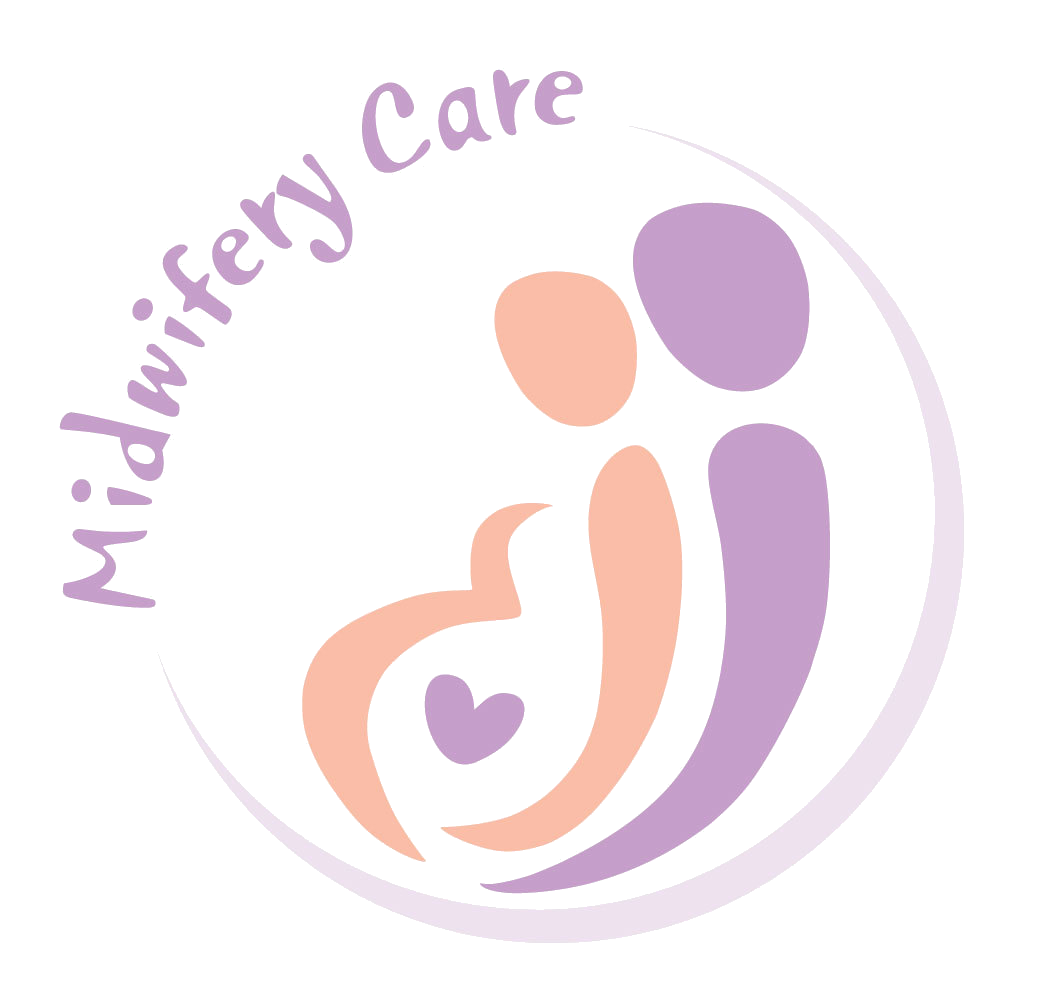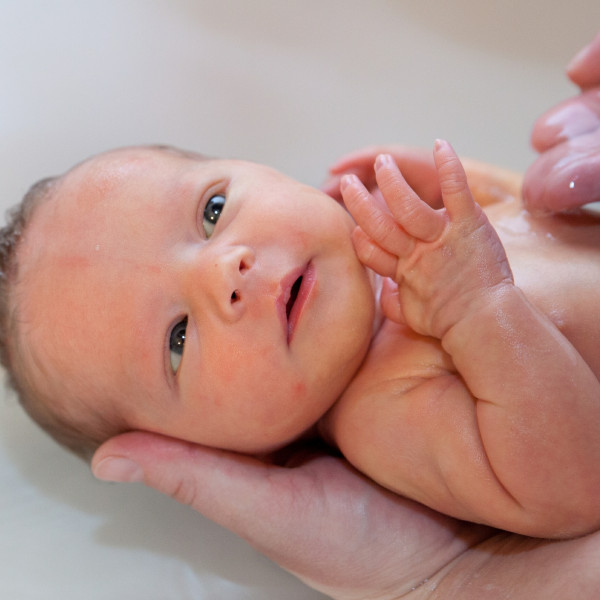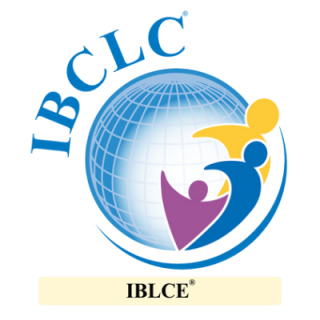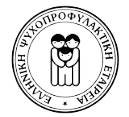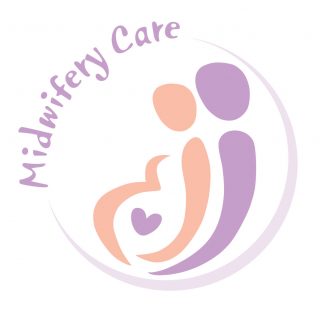POSTPARTUM PERIOD – BREASTFEEDING
Midwifery Care in the Postpartum Period
I visit mother and child at hospital daily. We learn how to take care of ourselves (hygiene, nutrition, exercise) and our child together with the father (nappy change, bathing, caring of the umbilical cord – face – eyes – nose – body). We learn how to breastfeed and address any difficulties. In the case of non-breastfeeding mother, we learn how to prepare the meal and feed the baby.
Monitoring and care of mother and newborn continues in the home environment. We talk daily and resolve any queries concerning the mother’s and newborn’s care, and the establishment and sustainment of breastfeeding over the phone, and during home visits.
Help with breastfeeding
Breastfeeding is the best means of nutrition for a child. Breastfeeding has important benefits for both mother and child. The World Health Organization (WHO) and Unicef support and promote exclusive breastfeeding for the first six months of an infant’s life (without any additional food, beverage, water or pacifier) followed by continued breastfeeding with appropriate complementary foods for up to two years or beyond. The weaning off time will be determined by mother and child. This essentially means that the breastfeed duration is up to the mother.
Certain difficulties may appear in the beginning, such as the baby not latching onto the breast due to flat or inverted nipples; baby is tongue-tied; delayed mother-child contact after birth; nipple confusion due to bottle use; breast engorgement; injured nipples; reduced production or overproduction of milk. Every difficulty has a solution! I am able to support you in order to persistently and patiently address these breastfeeding difficulties, whether you are in the maternity hospital or at home.
Home visits
Breastfeeding
Assistance with breastfeeding can continue at home, for as long as you breastfeed! Blockage of milk ducts with redness, pain, hard lumps in the breast, fever, mastitis, injured nipples, loss or stable baby weight, and decreased milk production are just a few problems that can occur at home. As a midwife, my job is to help the mother overcome these difficulties in order for breastfeeding to be established and sustained.
Caring for the newborn
You have returned home, but while you were at the maternity hospital you were not able to take care of your baby yourselves. This may be somewhat daunting and cause concern, anxiety or fear, especially if there is no help or you do not want help from a friend or relative. Together, we can learn how to care for the newborn, change its nappy, bath it, clean and care for its umbilical cord, face, eyes, ears, nose, body and nails, prepare a meal if you do not breastfeed, feed the baby, put it to sleep, play, talk, raise your baby.
Caring for the mother
The mother’s monitoring and nursing care continues at home for up to 6 weeks after childbirth. This includes monitoring the uterus, perineum, lochia, vital signs, monitoring and caring for injuries and surgical incisions, monitoring and caring of breasts – injured nipples, edema, blocked milk ducts, mastitis.
Besides bodily care, a midwife also monitors the mother’s mental state. For some women, childbirth, hormones that cause body changes and caring for a newborn are overwhelming and can lead to psychological changes. Postpartum melancholy is the most common disorder; it lasts a few days and usually manifests with crying, a depressive mood, and mild insomnia. When this condition has a longer duration and its symptoms are intensified, then the mother may have postpartum depression, a severe disorder that needs to be properly diagnosed and treated by experts.
The midwife, who visits the mother at home after the birth, is able to detect the signs of postpartum depression or even postpartum psychosis and refer her to a psychologist or psychiatrist.
In the case of postpartum melancholy, the most common mental disorder, the midwife is there to lend an ear to the mother; to talk to her; to understand and satisfy her needs; to help her take care of and breastfeed the baby.
It is important for the partner to be informed of the symptoms of these mental disorders—especially if the mother has a history of depression—so that immediate help can be sought. The communication, understanding and assistance that can be offered to the mother in the postpartum period are crucial in deterring severe mental disorders.
